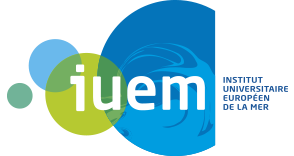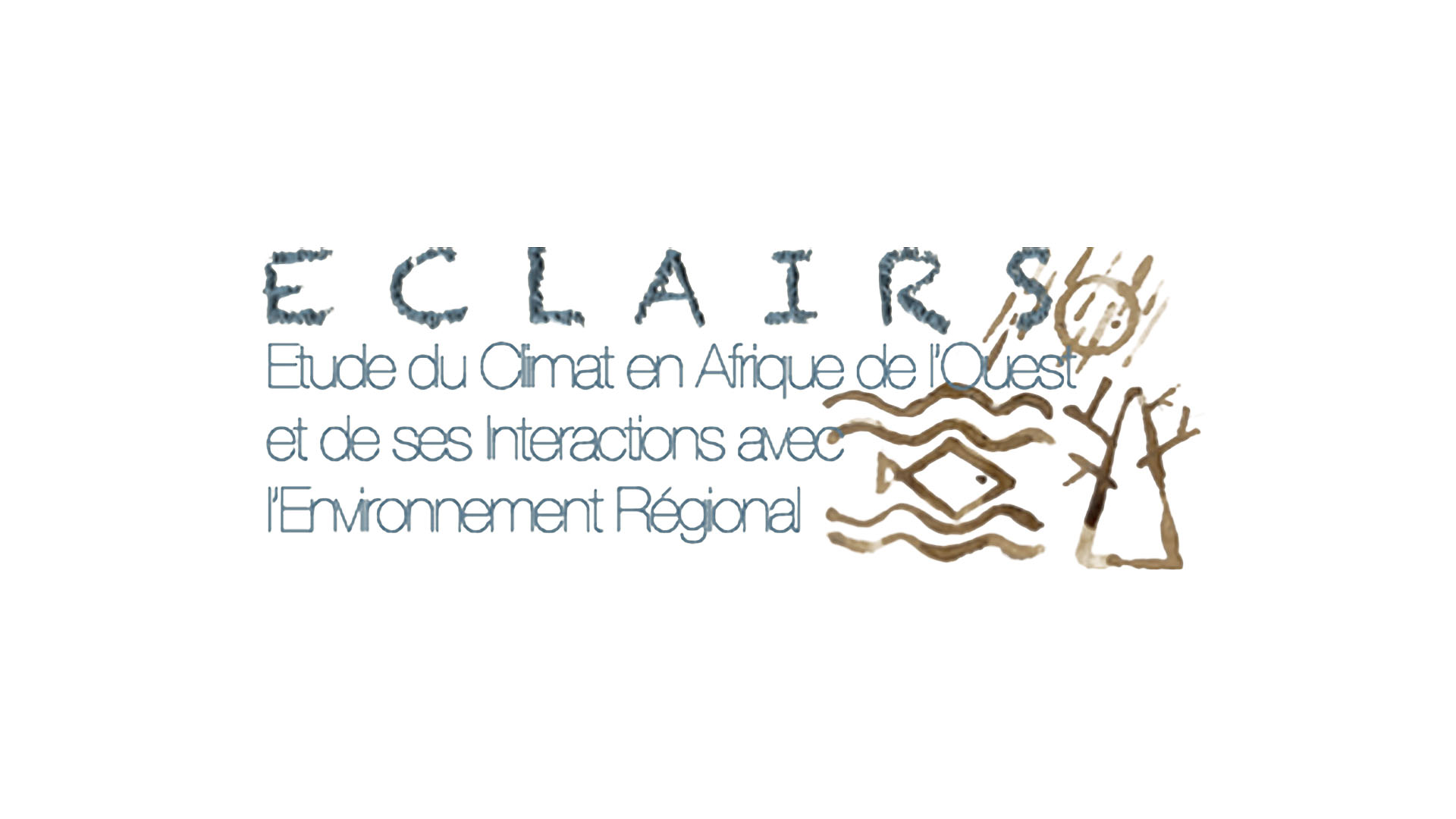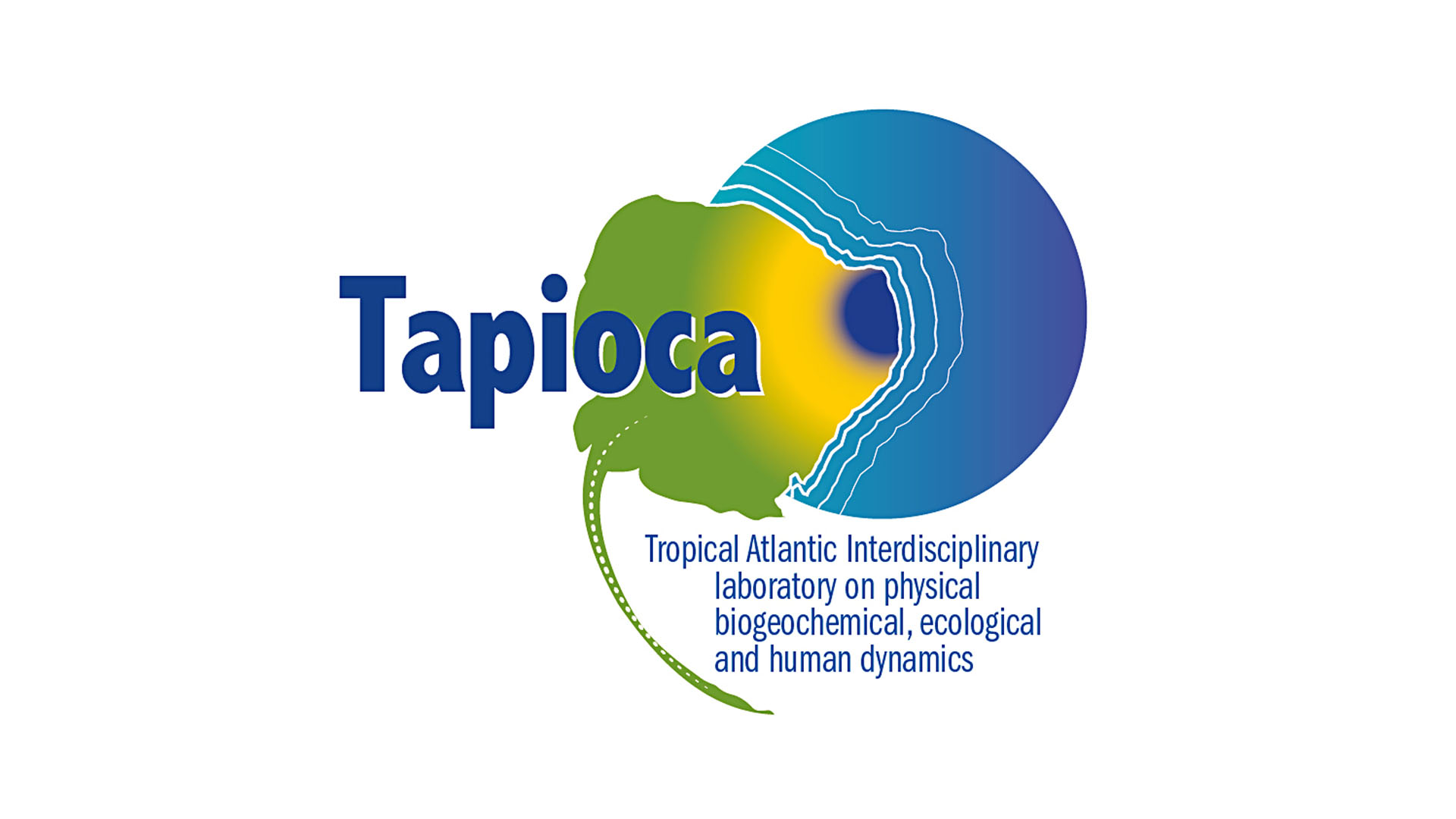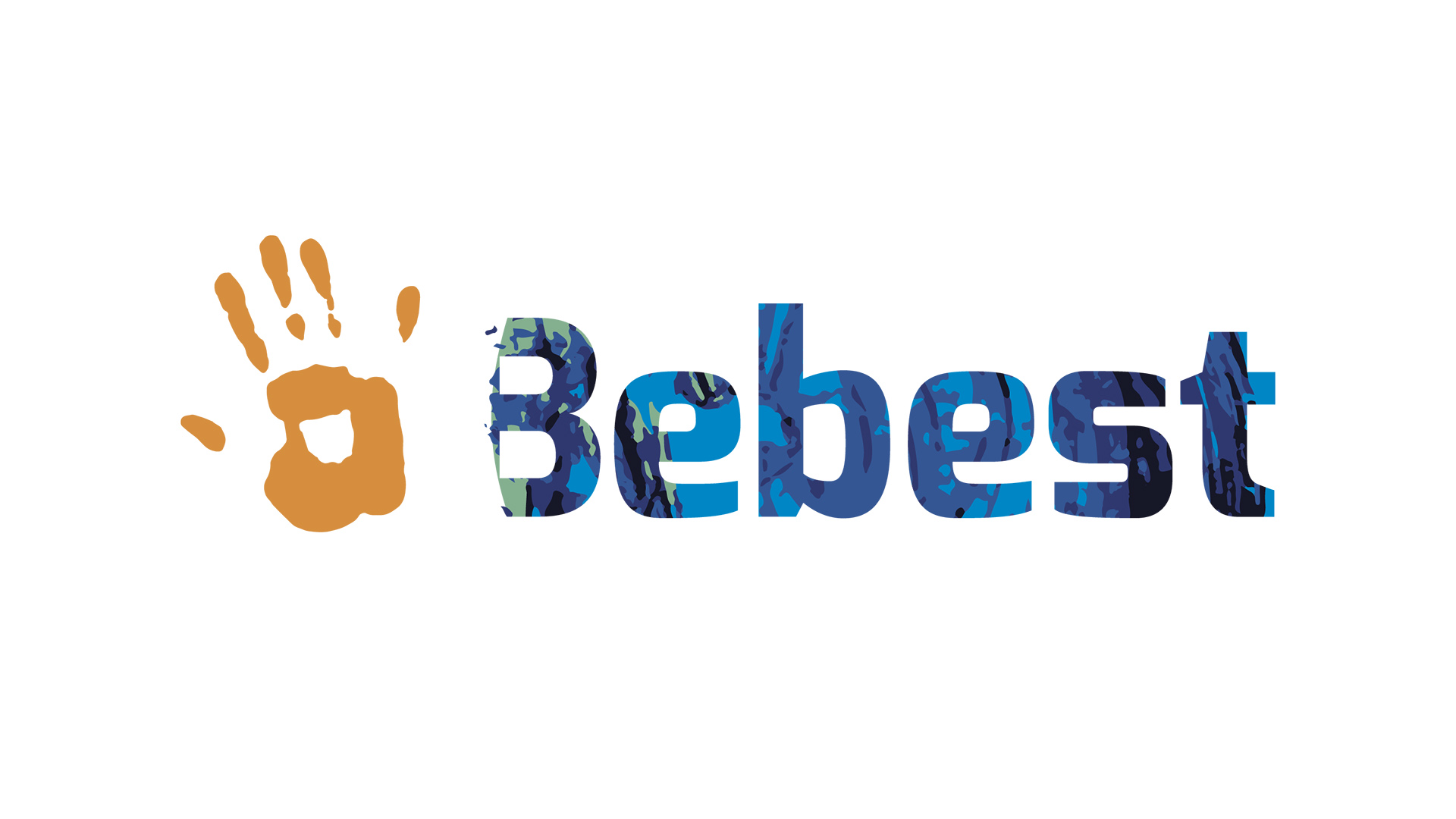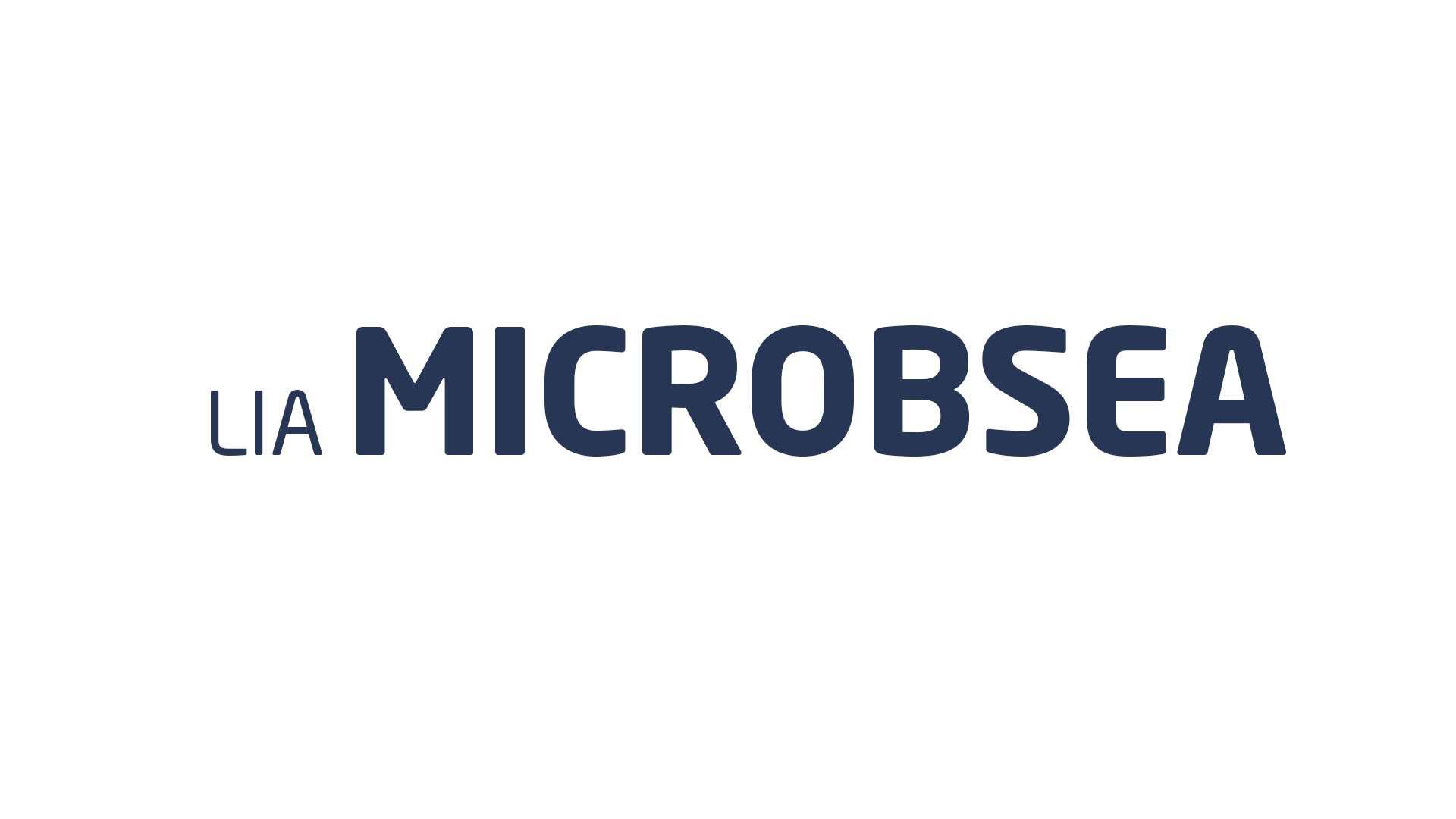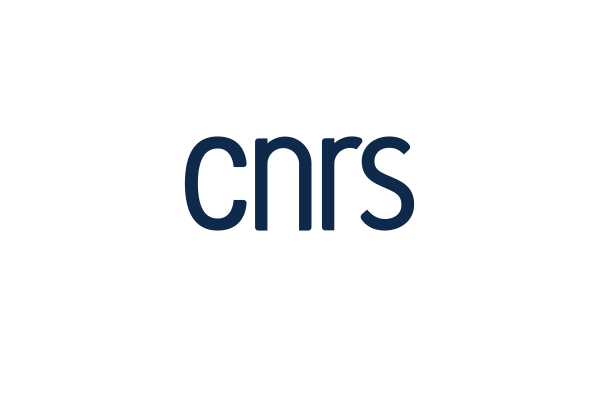Through LEMAR, LOPS and BEEP, IUEM is associated with 2 Joint International Laboratories (LMI) and 2 International Research Laboratories (IRP).
A LMI is an operational research and training structure that brings together one or more Joint Research Units (JRUs) affiliated to the IRD and one or more research and higher education institutions from developing countries. The LMI is physically located in the premises of one of the partners in the Global South, and allows joint training and research projects to be carried out around a common scientific platform (laboratories, equipment, IT resources, documentaries, etc.).
An IRP is a “laboratory without walls” that brings together a CNRS laboratory and a laboratory from another country around a jointly defined project. These laboratories pool human and material resources to carry out the project, which lasts 4 to 5 years. LEMAR and BEEP participate in IRP.
LMI ECLAIRS 2
LOPS
Launched in 2018, the LMI ÉCLAIRS 2 “Integrated Climate and Ocean Studies in West Africa and Responses to Climate Change in Senegal” is a follow-up to the LMI ÉCLAIRS “Climate Study in West Africa” created at the Cheikh Anta Diop University in Senegal in 2012. It aims to better understand the mechanisms underlying the two key Senegalese climate and environmental phenomena, the West African monsoon and coastal upwelling, in order to establish and consolidate climate services on different scales. It involves many partners in Senegal and France, including LOPS.
LMI TAPIOCA
LEMAR
The LMI TAPIOCA “Tropical Atlantic Interdisciplinary laboratory on physical, biogeochemical, ecological and human dynamics” aims to have a structuring role in the establishment of a Regional Centre of Excellence in Marine Sciences for the Tropical Atlantic at Recife. It is carried by the LEMAR.
IRP BeBEST
LEMAR
BeBEST (Benthic Biodiversity Ecology, Sciences and Technologies) focuses on coastal ecology and is located between engineering and environmental sciences. Its main objective is to lead an integrated approach aimed to propose new concepts in coastal ecology, developing analytical tools to test them, and implement them to study ecosystems that are inherently contrasting. The LEMAR is associated with it.
IRP MICROBSEA
BEEP
MICROBSEA, entitled “Franco-Chinese Deep Sea Microbiology Laboratory” is an associated international Franco-Chinese laboratory, focusing on the microbiology of hydrothermal springs. It was created following 8 years of scientific cooperation between 2 laboratories: BEEP/LM2E and the State Key Laboratory Breeding Base of Marine Genetic Resources (KLMBR), Third Institute of Oceanography, SOA, Xiamen, China.
